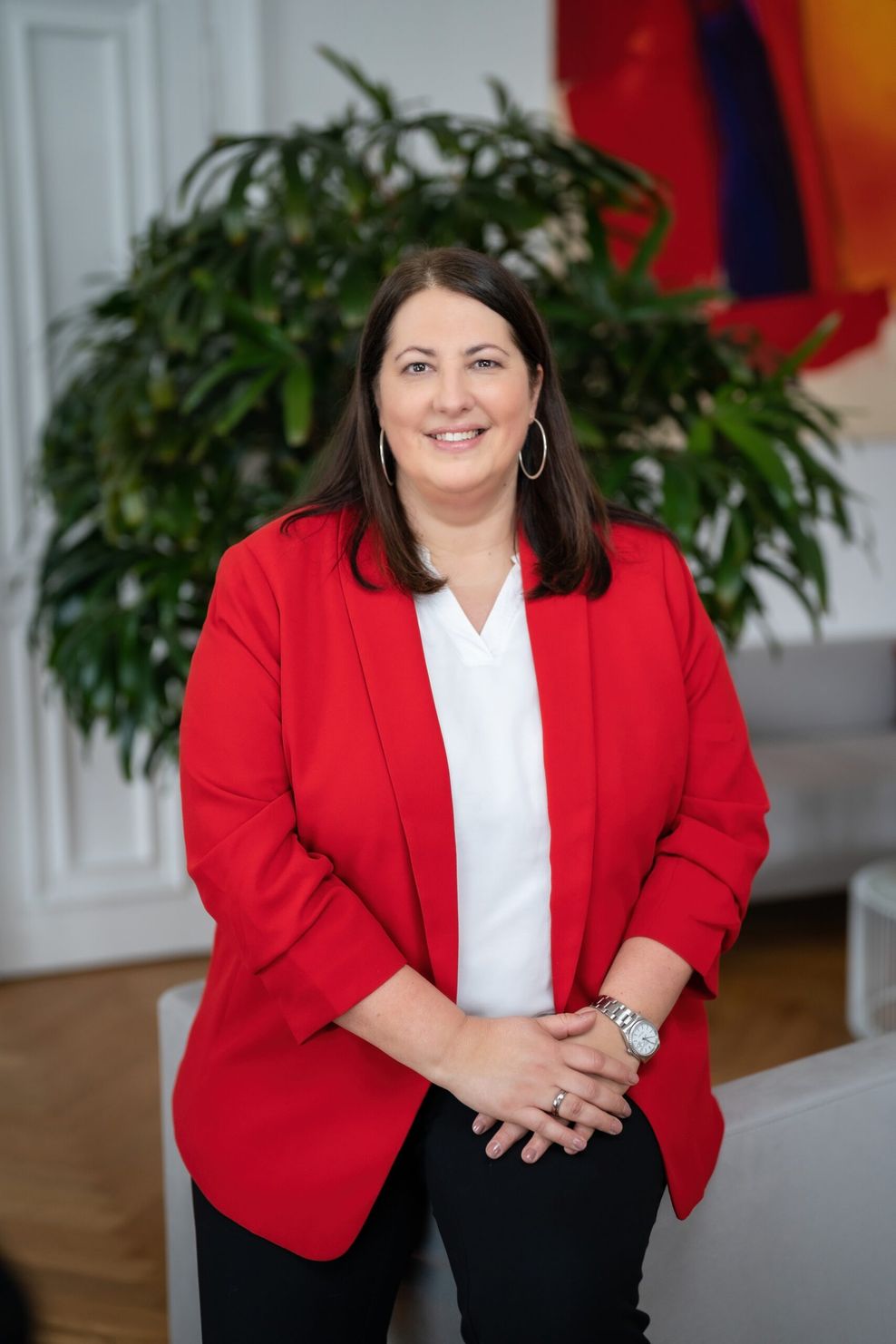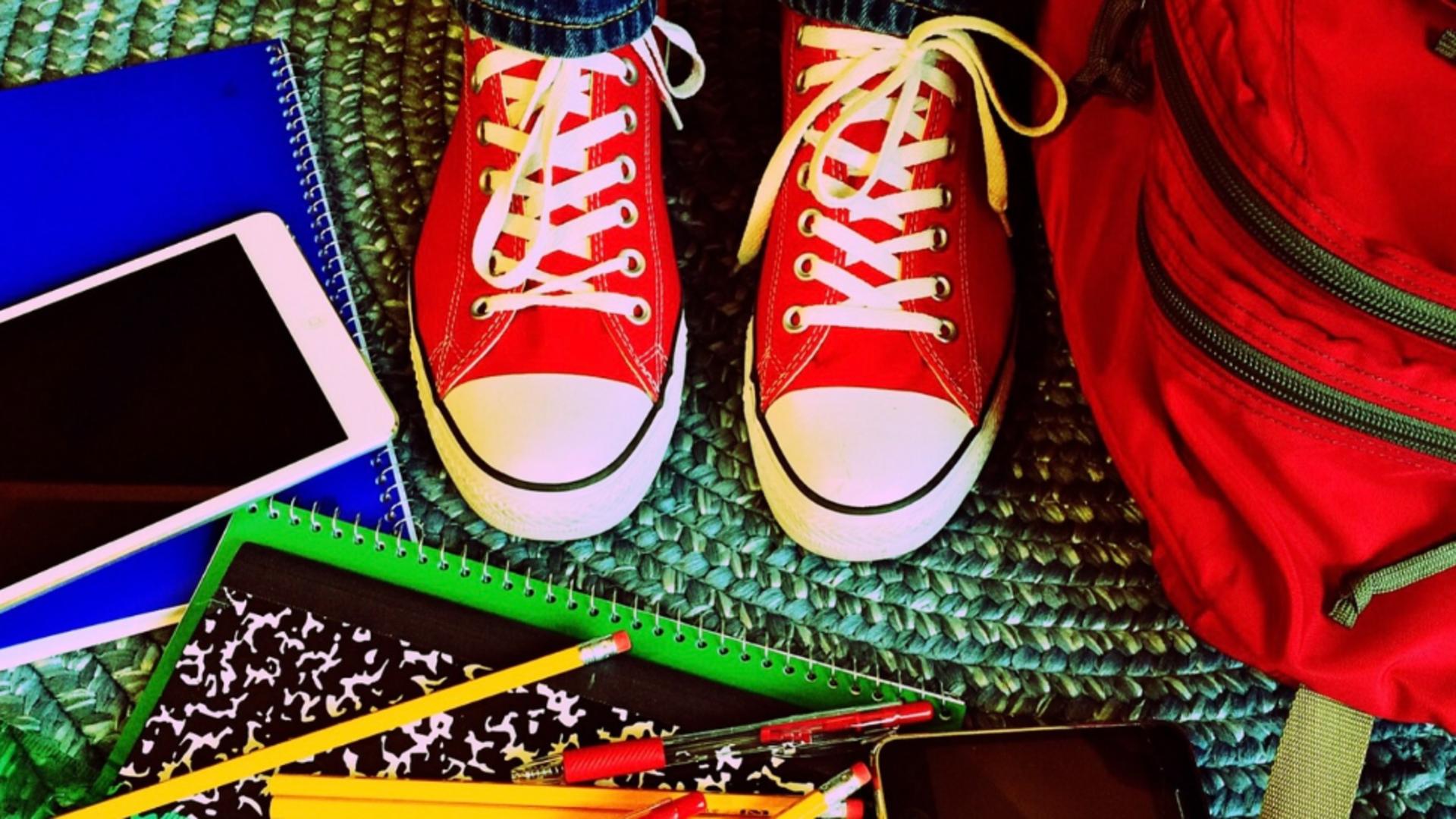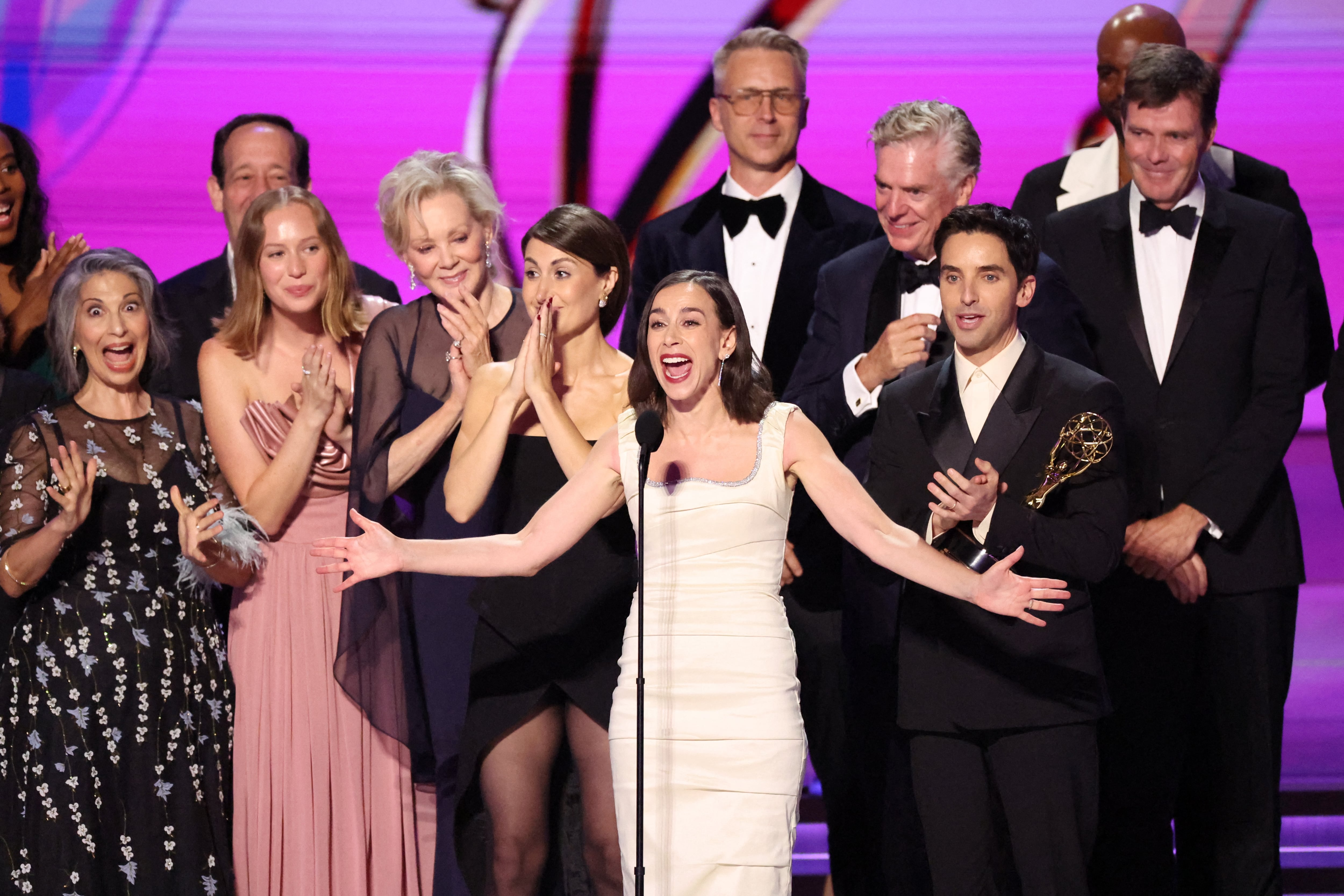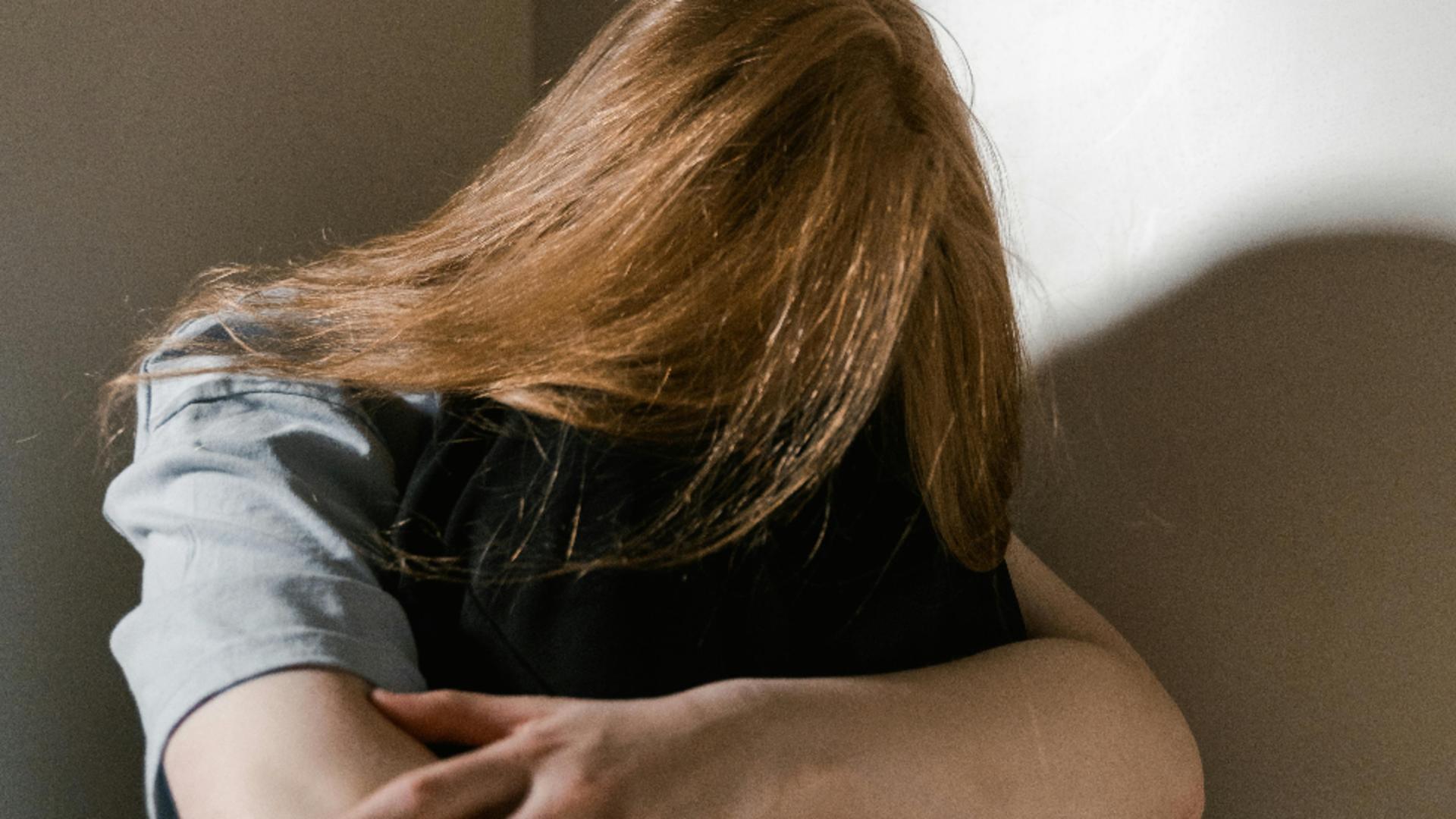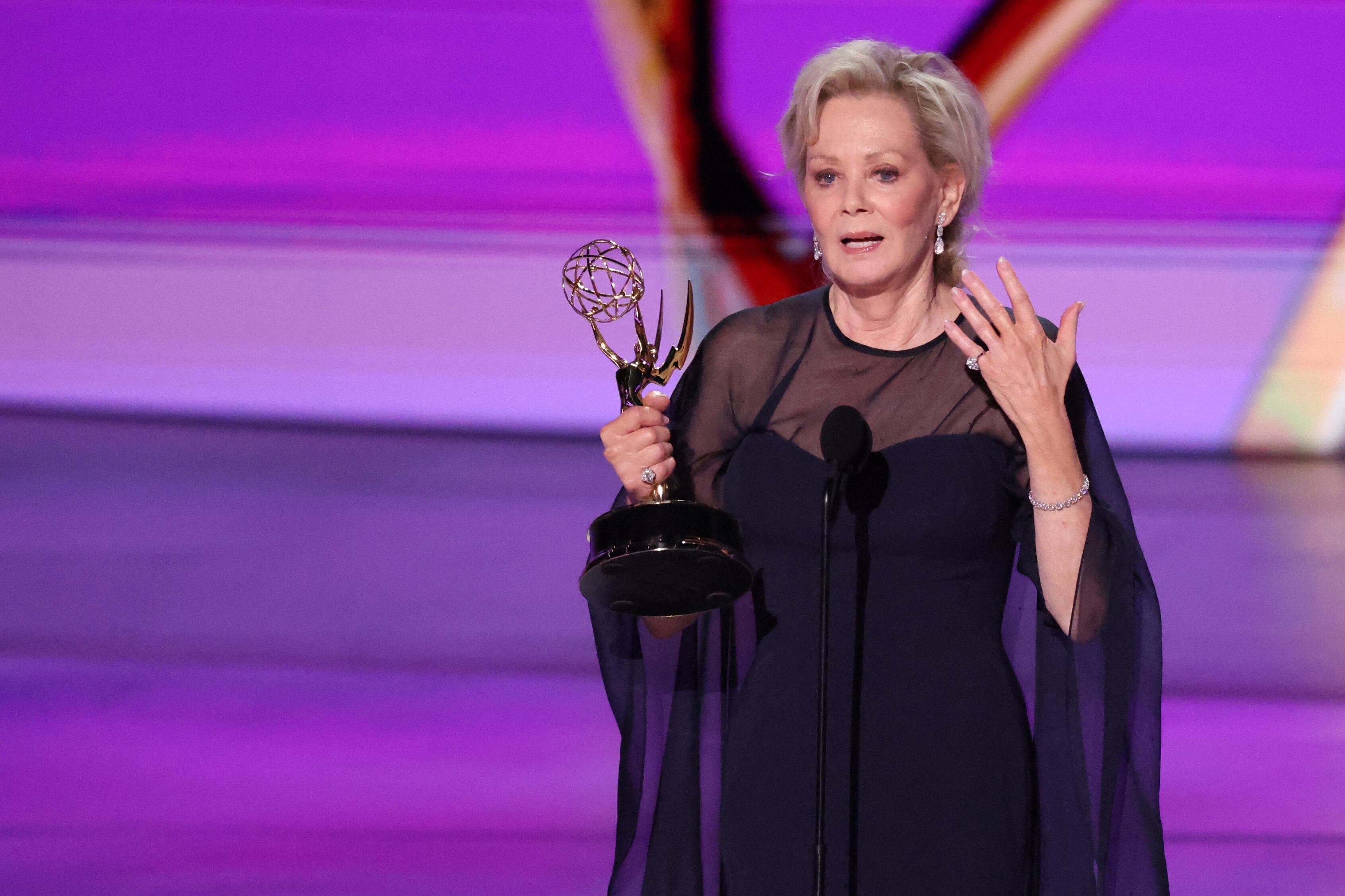Billboard Japan launched its Women in Music initiative in 2022 to celebrate artists, producers and executives who have made significant contributions to music and inspired other women through their work. The WIM interview series highlighting female players in the Japanese entertainment industry is one of the main features of this project, and the first 30 sessions were published in Japan as a “Billboard Japan Presents” collection by writer Rio Hirai last year.
For the latest installment of this series, Billboard Japan spoke with YUKKYUN, a self-designated DIVA celebrating his 10th anniversary in entertainment. The 29-year-old multi-hyphenate began his career in 2014 as an idol singer and went on to become a finalist in the coveted miss iD audition in 2017. While active as the member of the duo Cinema and Boy CQ, YUKKYUN began self-producing his solo career called the DIVA Project in 2021 and has branched into various media including songwriting, writing, and podcasting. The “Logout Bonus” singer — who has been vocal about being a fan of female artists — shared his thoughts on the state of gender in the music industry in Japan.
Tell us about your life before you launched your career as YUKKYUN.
My friends were always more girls than boys since I was little and my parents never stopped me from being who I am, so I’ve managed to avoid being forced into some form of masculinity in life. None of my classmates were like me, so I guess I did stand out.
I first encountered feminism and gender theory in my third year of high school when I started reading books like Chizuko Ueno’s Misogyny after finding out about it in a magazine. Around the same time, I read (Shuichi Kato’s) Introduction to Gender and Sexuality Studies and it was like I understood the true nature of the discomfort I’d been feeling. I realized that I wasn’t wrong after all and that I could do whatever I wanted. I’d always firmly believed that I wasn’t doing anything wrong even before then, but it was a relief to learn that there were people doing proper research on the subject and that it’d been clearly laid out. Until high school, it was a matter of how I felt and acted, but at about age 20 I reaffirmed that everyone including me had many options — there were so many people in Tokyo wearing cute clothes, so I began to dress myself freely in skirts and dresses.
You believed in your potential and decided to present yourself to the outside world as YUKKYUN. Did you feel it was your mission to do so?
It was hard for me to live my life pretending to be something I’m not. I can’t say what I don’t think and I can’t go outside as myself if I’m wearing clothes I don’t want to wear. Forcing what’s become the norm for me to conform to existing values is more taxing. It’s how I’ve always lived, so being different from others wasn’t that much of a problem for me.
I also thought there’d definitely be some people out there who’d get something out of seeing someone like me being gorgeous in public. I think it would have been a relief for me as a teenager in junior high or high school if someone like me had existed. I do feel it’s my mission to shine right in the middle.
And it’s been exactly ten years since you started performing as YUKKYUN.
Yes. I’ve always loved singing and dancing. I started doing what I could within a few months of moving to Tokyo. I’ve been a member of a duo called Cinema and Boy CQ since 2016 and performing in this group is already fun in itself, but the year I graduated from grad school I started the DIVA Project as a solo artist, writing my own lyrics and singing them. I began receiving responses at a rate and depth that I couldn’t have obtained from just my previous activities. Hearing feedback from people who’ve actually listened to my music is such a rich experience, and I’ve discovered lots of things other than what I’d consciously wrote into my lyrics. The way my music reaches each person is slightly different and I find that invaluable.
Many shy people who want to take that first step but haven’t been able to do so listen to my songs, so I want to sing songs that will lift their spirits and inspire them, even if it’s only while they’re listening to a three-minute song. When the things that I’ve said on social media or in interviews are written into a song, the recording can be heard many times and the song sung many times at concerts, and I get a sense that the message really hits home that way. So I think making works of art is wonderful and that everything should be handed down as works of art.
That’s true. As a listener myself, I also have a strong sense of the magnitude of the things we receive from works of art. Like you just said about hearing from people who want to take that first step but can’t, there seem to be many people in Japan today who are intensely afraid of stepping outside of the existing framework. I’m sure this is something you express in your lyrics, but how do you think they can overcome that fear?
I don’t live free of fear or care either, and I want art to always be by my side as something that gives me the courage to take a step forward and to question existing frameworks. And I’d like (my art) to be like that, too.
Try not to overlook any feelings of discomfort that arise within you. I think it’s important to keep being aware of the things that bother you or things you feel you can’t handle, no matter how minor, and to know what you really want to do, what you value, and what you want to change even if you can’t do so right away. I mean, life isn’t just about overcoming things. I hope my music can exist as a way to present possibilities and options to such people. I want to make people feel at ease.
Do you think that by coming across music or idols that you like, for example, and finding things you truly value and don’t want to compromise, people could gradually become less concerned about existing frameworks?
Yes, I do. And when you find that something you like or don’t want to compromise, you don’t have to declare it or be vocal about it. Even if you don’t go out of your way to say, “I like such-and-such” to others, if you can be true to yourself in your heart and be like, “This is how I really feel,” you can live without breaking down.
In my case, I think I needed to listen to music by divas singing about loneliness to validate how I felt. Changing things quickly or being able to do things suddenly isn’t easy, you know? You can’t just be reborn. For example, even if you want to wear only cute clothes from now on, it takes money and time, at least about two years, to completely change your wardrobe. So during that time when I was longing to change, my favorite music protected my heart.
When you think about it that way, it kind of feels like society isn’t designed to allow individuals to value the things they hold dear inside. You were a finalist in the miss iD audition in 2017, a competition that uses the honorific for women in its name [Japanese Wikipedia defines it as “an audition to find diverse female role models who survive in the new era, regardless of appearance, genre, or gender roles”]. Could you share your thoughts on the current social structure?
That was seven years ago now, but I entered the miss iD contest because the judges were all creators that I liked and it wasn’t my intention to challenge the social structure. The current social structure is so exhausting, but I’m trying to broaden the existing framework by expressing with my body that it’s OK to do what I want as a “boy who’s a bit unfettered.” Sometimes it’s like people see whatever I do as social commentary, but I still feel like I’m thinking more about individual people than society as a whole.
You released “DIVA ME” in May 2021 and launched your solo endeavor called the DIVA Project. Could you tell us why you chose the word “diva”?
When I thought about what I’ve received from whom in life and about what I should do in my upcoming solo career, calling myself DIVA made the most sense to me. My definition of DIVA is the will and spirit to be proud regardless of gender or occupation, so I made my solo debut with a song called “DIVA ME.”
Who inspired you to shape your definition of DIVA?
The first DIVA I fell in love with was (J-pop star) Ayumi Hamasaki. I’ve loved her since I was 5 years old and went on to enjoy listening to solo female artists in general, especially those who write their own lyrics and create their own world. I still listen to Hikaru Utada, Ringo Shiina, aiko, Yuko Ando, YUKI, Tomoko Kawase, and others. After moving to Tokyo, I also discovered the music of Seiko Oomori and felt that the music reached my heart more directly. When I think about it, DIVAs have accompanied me throughout my life.
It sounds like calling yourself DIVA is a solution that satisfies you. What changes do you think are necessary to allow for more diversity in the workplace in Japan’s music and entertainment industries in the future?
Something I’ve noticed in the industry is that the producers are mostly men. It’d be better if there were more women in those creative roles. I’m sure there are capable women out there but maybe society isn’t accustomed to giving full authority to women. I don’t compose music, so I’d like to appoint more women to do that for me. I also think there aren’t enough women organizing festivals. I guess I have to become really popular. Then it’ll make it easier for people who want to do what I do to come out. I hope that by taking the lead, I can lower the obstacles for people to start something. Otherwise, it won’t be interesting for me either.
—This interview by Rio Hirai (SOW SWEET PUBLISHING) first appeared on Billboard Japan







